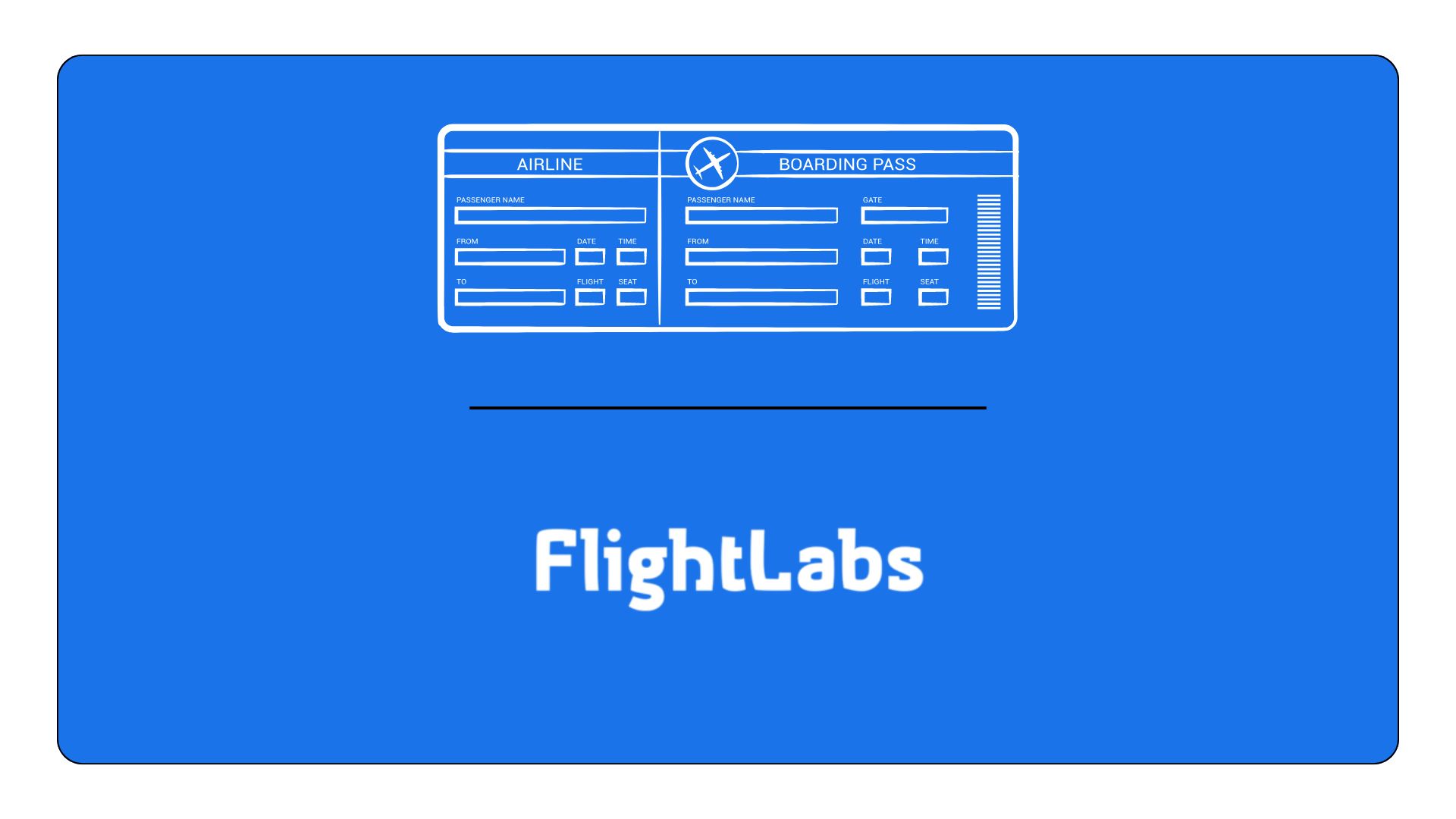Flight Prices API Can Boost Your Travel App

The air travel industry moves quickly, and prices are always changing. Airlines frequently adjust their fares as a result of various factors, like demand, availability, and even external events like the weather or global occurrences. Both travelers and businesses involved in the travel sector depend on accurate and current fare data. Instant access to accurate pricing becomes a competitive advantage when customers look for the best deals and travel companies strive to deliver the most up-to-date fare information. In this case, the FlightLabs Flight Prices API is helpful.
FlightLabs: Enhancing Travel Apps with Instant Fare Data
Booking websites, fare comparison websites, mobile apps, and other travel platforms may all easily interface with the FlightLabs API. It provides the real-time data you need to keep your users informed and interested, whether you're developing an app that records fare trends, sends out fare notifications, or just books flights.
By using this API, a travel app, for instance, might warn users of pricing changes for particular routes by setting up notifications for them. Let's say someone wishes to reserve a flight from New York to London. Users can configure an automatic price alert in the app, which will alert them immediately when a fare drop is detected by FlightLabs' API. As a result, customers will have a more engaging experience and are more likely to book using the app and make educated selections.
When searching for a Flight Prices API, developers want a solution that is scalable, adaptable, and easy to incorporate into their own applications. All these are areas where FlightLabs shines. One of the main benefits of using this API is that it's easy to integrate and supports a variety of programming languages, including Python, Ruby, Java, and more. This facilitates a speedy implementation process and makes it accessible to developers with different levels of experience.
Key Benefits of Using a Flight Prices API
For corporations as well as users, integrating a Flight Prices API into a travel platform offers various strategic advantages. These advantages go beyond just providing accurate prices; they also support long-term business growth, customer happiness, and operational efficiency.
Reducing operating expenses is one of the key benefits. Businesses can save time and money by eliminating the need for human fare administration when they use the API to automate fare modifications. The API takes care of pricing monitoring and updating automatically, freeing up internal resources for other important activities. For big-scale platforms that oversee a huge number of flights and demand frequent updates, this is very helpful.
An additional important advantage is higher user retention. Users are more likely to remain engaged with travel apps that offer real-time notifications on fare changes. Users tend to utilize the app again for subsequent bookings when they get timely updates regarding ticket trends or price reductions. Proactive involvement not only enhances the user experience but also promotes repeat business and loyalty.
A Flight Prices API improves productivity for operators and travel agencies alike. Automating real-time fare adjustments can improve booking processes and enable travel agents to provide customers with more informed, speedy fare selections. The API speeds up and streamlines the process, whether it's advising different routes or changing rates in response to fare swings.

